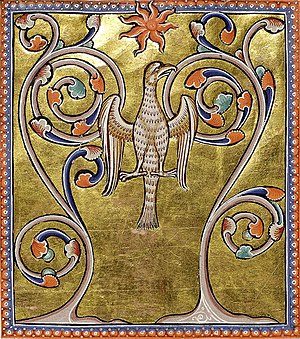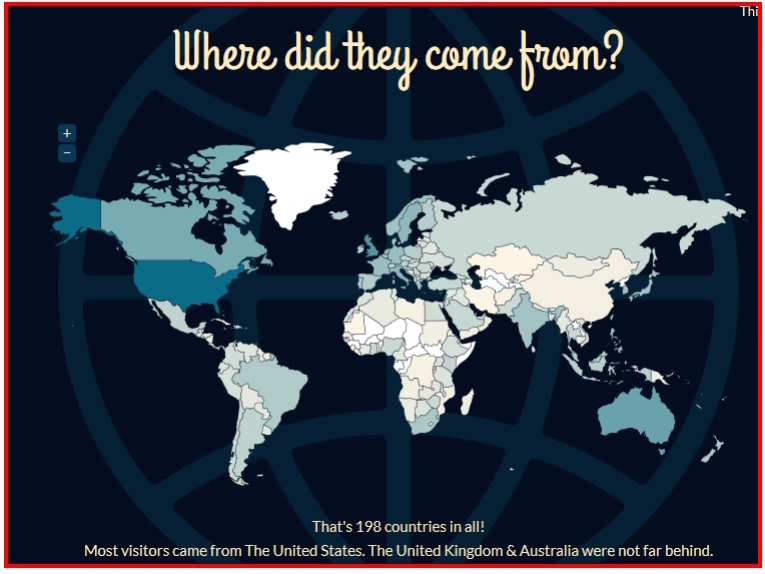 On 26th June I wrote a post exposing the incompetence and culpable ignorance of Joel Watts with respect to a particular point he was using in an attempt to lampoon mythicism.
On 26th June I wrote a post exposing the incompetence and culpable ignorance of Joel Watts with respect to a particular point he was using in an attempt to lampoon mythicism.
That blog post contained a detailed, point by point criticism of Joel’s post. Whenever criticizing the works of others I habitually bend over backwards to be sure I am fair to the other side and let their own views be understood. And since Joel Watts had always had a Creative Commons license condition attached to all of his blog posts (I also have a Creative Commons license) I saw nothing amiss in quoting his blogpost in full — especially seeing it consisted of nothing but a list of 25 web links, a tweet from someone else, and no more than about half a dozen lines of typical Watts-like puerile insult. I made sure I linked to the original site, and that I identified the author, and that the views of the post did not reflect mine. After all, all of those conditions were in large measure the whole reason for my post.
Evidence for the cc licence on Joel’s page is at
https://www.dropbox.com/s/jd245jz4rwxon7u/unsettled.jpg (excerpt including address details) —
and (full page): https://docs.google.com/document/d/1XkmNH86CWEE9ulHdSas5zwvfFZ7gt-7FA5F5sKyrAp8/edit?usp=sharing
This CC notice was removed from Joel’s blog only on the morning of 29th June 2013 Australian Central Time. It appears as if this was removed soon after this CC notice on Joel’s blog was publicly advertised: http://www.freeratio.org/showthread.php?p=7493335#post7493335
At no time before my blog was deactivated did I receive any notice from Joel Watts, the owner of the blog post I copied for critical discussion, or from WordPress warning me or asking me to remove or modify the post. My email account is Gmail and files can be verified and in the event of legal proceedings I would welcome such a check.
Indeed, when one began to read the comments by Joel Watts on James McGrath’s blog regarding the take-down of Vridar, he gave no indication that he had anything to do with what had happened. See, for example: http://www.patheos.com/blogs/exploringourmatrix/2013/06/vridar-no-longer-available.html#comment-945224032 As another has noticed, all Joel did until I posted that evidence was joke about his efforts to take down other blogs he did not like, joking that it was an impossible task.
If Joel really did send me a warning letter then one must wonder why he only confessed to his own involvement after I posted the evidence — did he not expect me to be able to that from the beginning?
It was only after I posted the evidence from WordPress that Joel suddenly changed his tack and began to accuse me of being responsible and even for effectively taking down my own blog!
Joel Watts did not follow the specified steps to contact me directly with a complaint about my blogpost. This was in contradiction to Automattic’s direction to complainants according to their directions at http://automattic.com/dmca/ :
2. Contact the blogger directly. Go to the blog post in question and leave a comment with your complaint to see if the matter can be resolved directly between you and the blogger.
Joel Watts left no such comment on my blog. I received no email from him in my Gmail account and I have offered my gmail account for inspection by legal investigators. Continue reading “What Happened to Vridar? (updated with more reflections on Joel’s role)”



